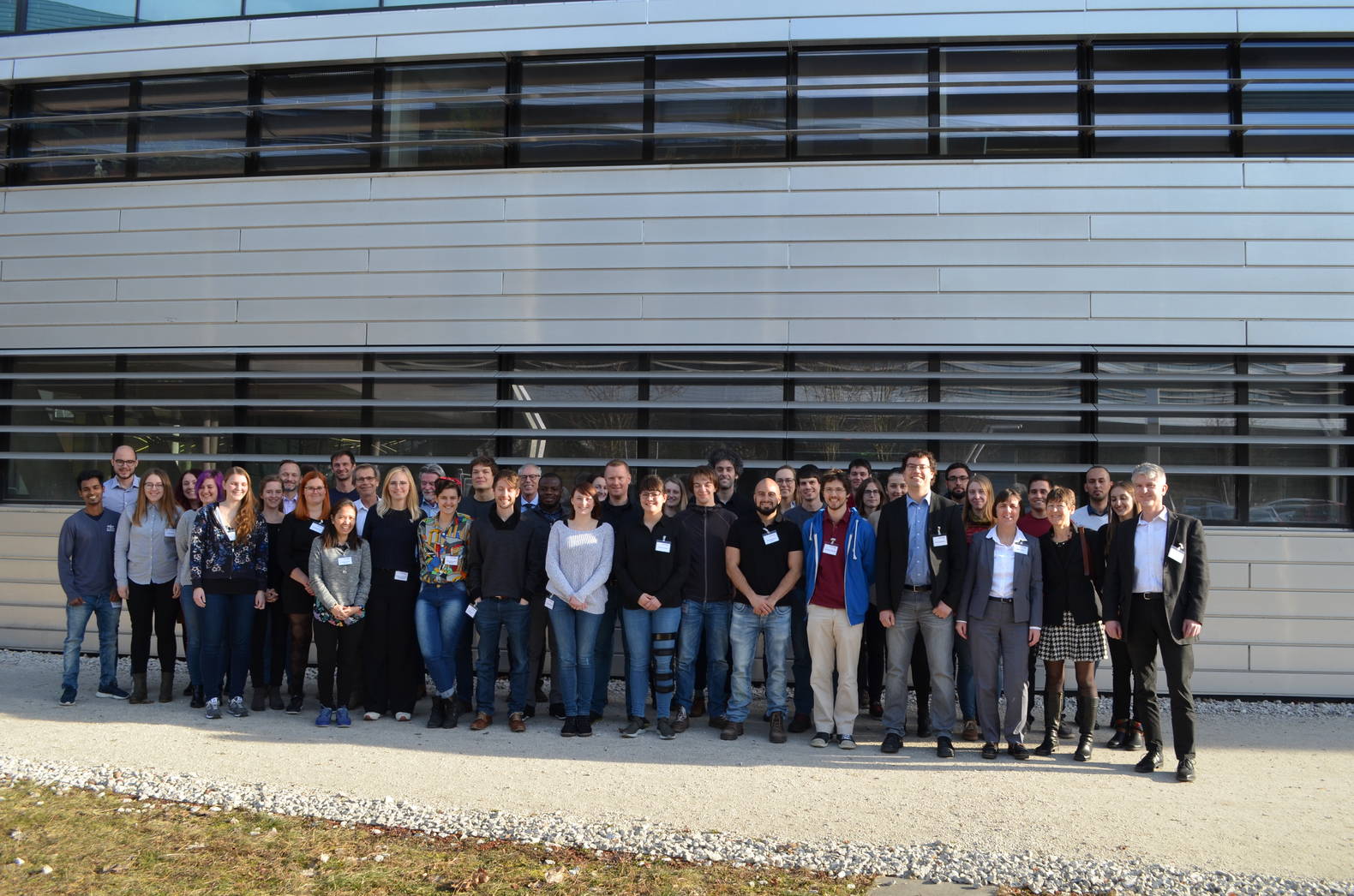
Student Camp ,Biorefineries and Biobased Industrial Products' from 25.-28. February 2019 in Linz and Lenzing successfully completed
From 25.-28. January 2019, a student camp on the subject of 'Biorefineries and Industrial Processes and Products' was carried out at Wood K plus in Linz and Lenzing as part of the EU project Bioenergytrain. The participants arrived from 9 European countries, North America and Africa. It is worth giving a summary of the event from the point of view of students and organizers.
Summary from the perspective of the students
The Student Camp encompassed various cornerstones of the biobased industry in a very varied atmosphere. Lectures presented by experts from science and industry provided the latest developments. In the interactions between the participants and lectures, inputs from a wide range of disciplines were brought in, as the international field of participants comprised many specialist areas. There were chemists, process engineers and biotechnologists as well as bioeconomists and energy scientists. In addition to the lectures and discussions, practical application examples were shown on the basis of short laboratory exercises.
Another highlight was the visit to the company Lenzing AG, where at the beginning processes and products were presented and then a tour of the company premises gave interesting impressions.
In conclusion, the Student Camp was a great experience. It also invited to look at certain tasks from a different angle and to develop innovative solutions.
Conclusion from the perspective of the organizers
The response of the students (PhD, Master) to the invitation of Wood K plus was very big. For organizational reasons, such as conducting internships and individual discussions with the speakers on the flip chart in each session, only 35 students were admitted. In this way, a very individual collaboration was organized with students from scientific and technical disciplines, such as chemistry, biotechnology, engineering but also resource management, economics and ecology.
The speakers and organizers of the event experienced exciting days with inquisitive students, who at the same time co-developed scenarios for biorefinery technologies, but also discussed aspects of a biobased economy and market opportunities.
As well as university and industry lectures, students have been briefed on today's material use of biomass, in particular lignocellulosic raw materials and functional product manufacturing (cellulose and lignin products), as well as on developing platform chemicals and product pedigrees, as well as experimental work under the guidance of Wood K plus scientists, the cost of the event is considered high but worthwhile for our center. The cooperation with the Graz University of Technology was outstanding, so that the students were able to obtain the corresponding credit points within the Biorefinery Engineering program, which is currently being established





